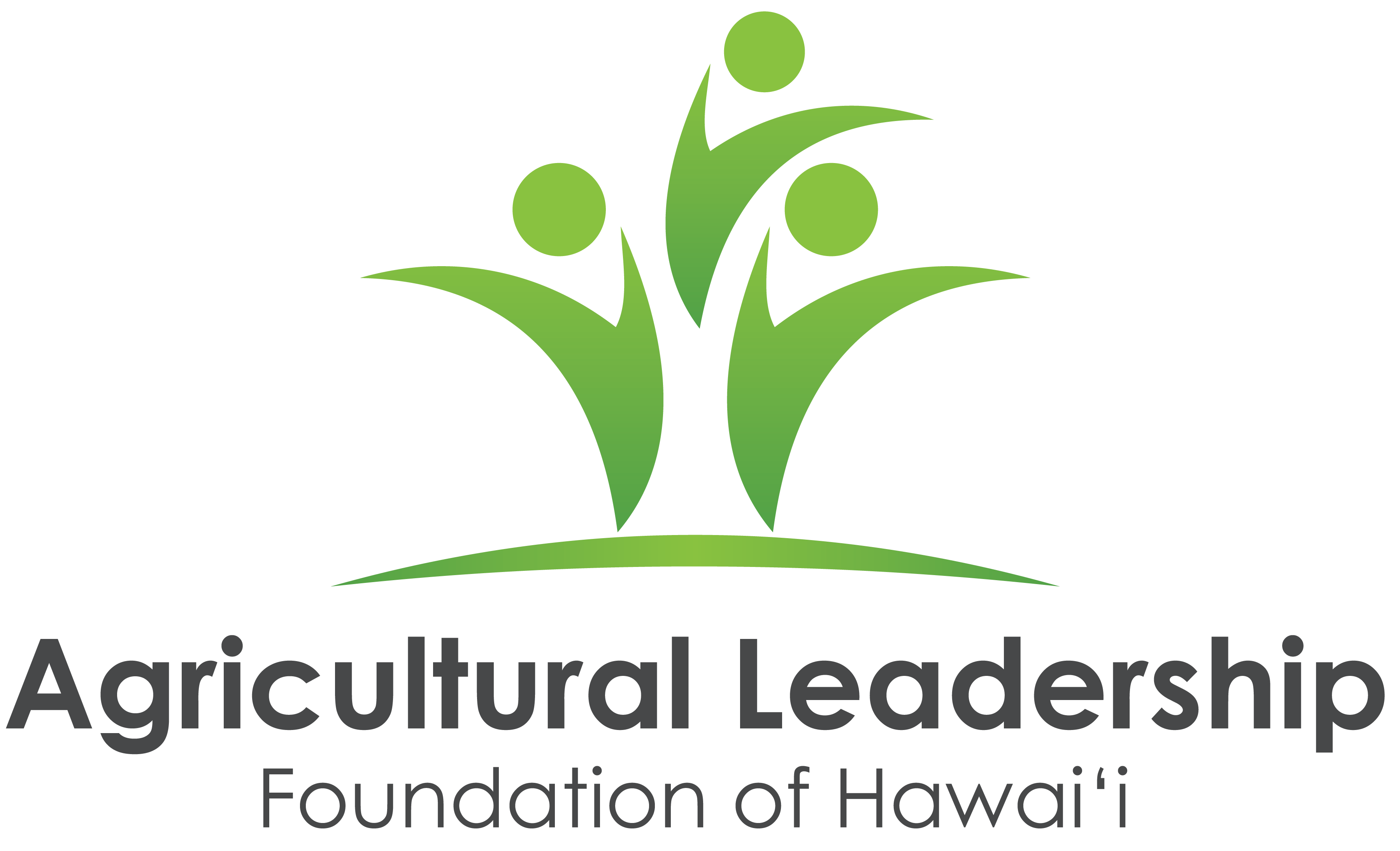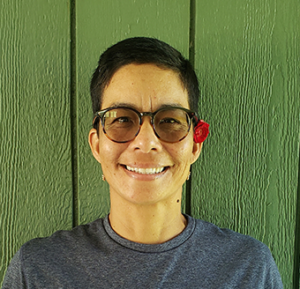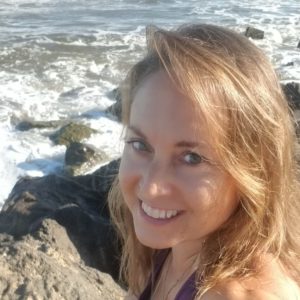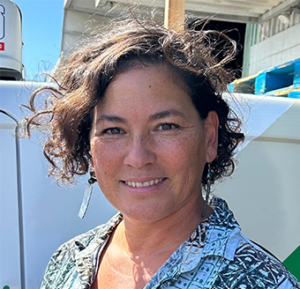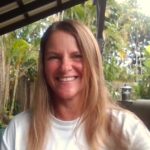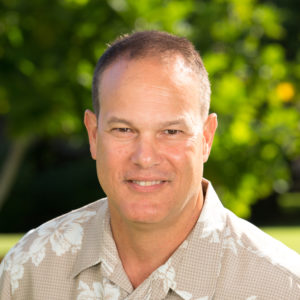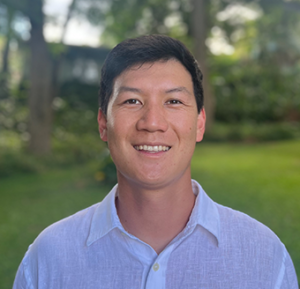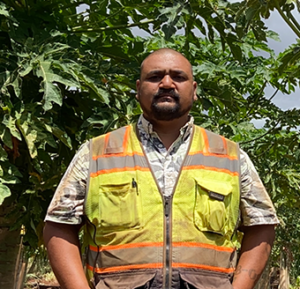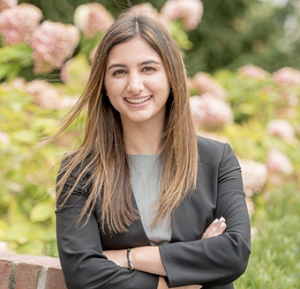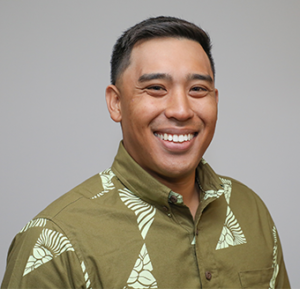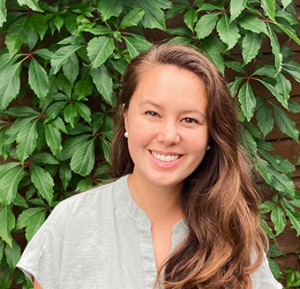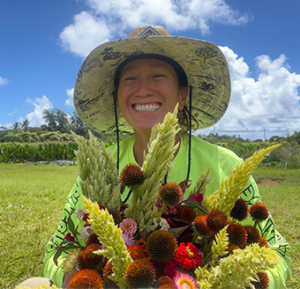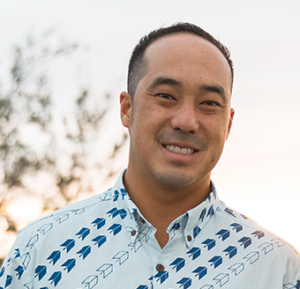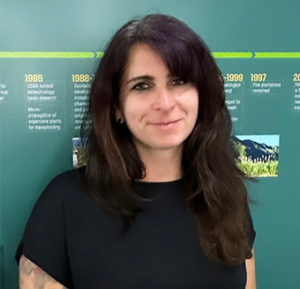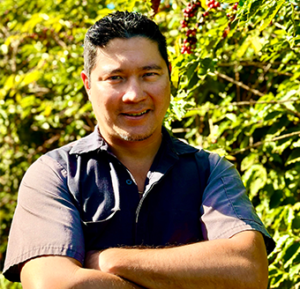The ALP Class XV cohort is together again and we dove right into another informative Agricultural Leadership Program Seminar today! Our second seminar, focused on Oahu’s urban agricultural scene, kicked off with field trips highlighting soilless agriculture facilities as well as interactive panel discussions and presentations with Oahu ag professionals.
We started our first day with a tour of Mari’s Gardens, an 18-acre farm in Mililani owned by Fred Lau, which offers a huge variety of Certified Organic aquaponic produce, conventional produce from hydroponics, and fish through their aquaculture and aquaponics efforts (Chinese catfish being their biggest seller). Mari’s is so passionate about the soil-free trend that they’re hosting The Dirt on Soilless Agriculture, a daylong conference on the topic, on the 15th.
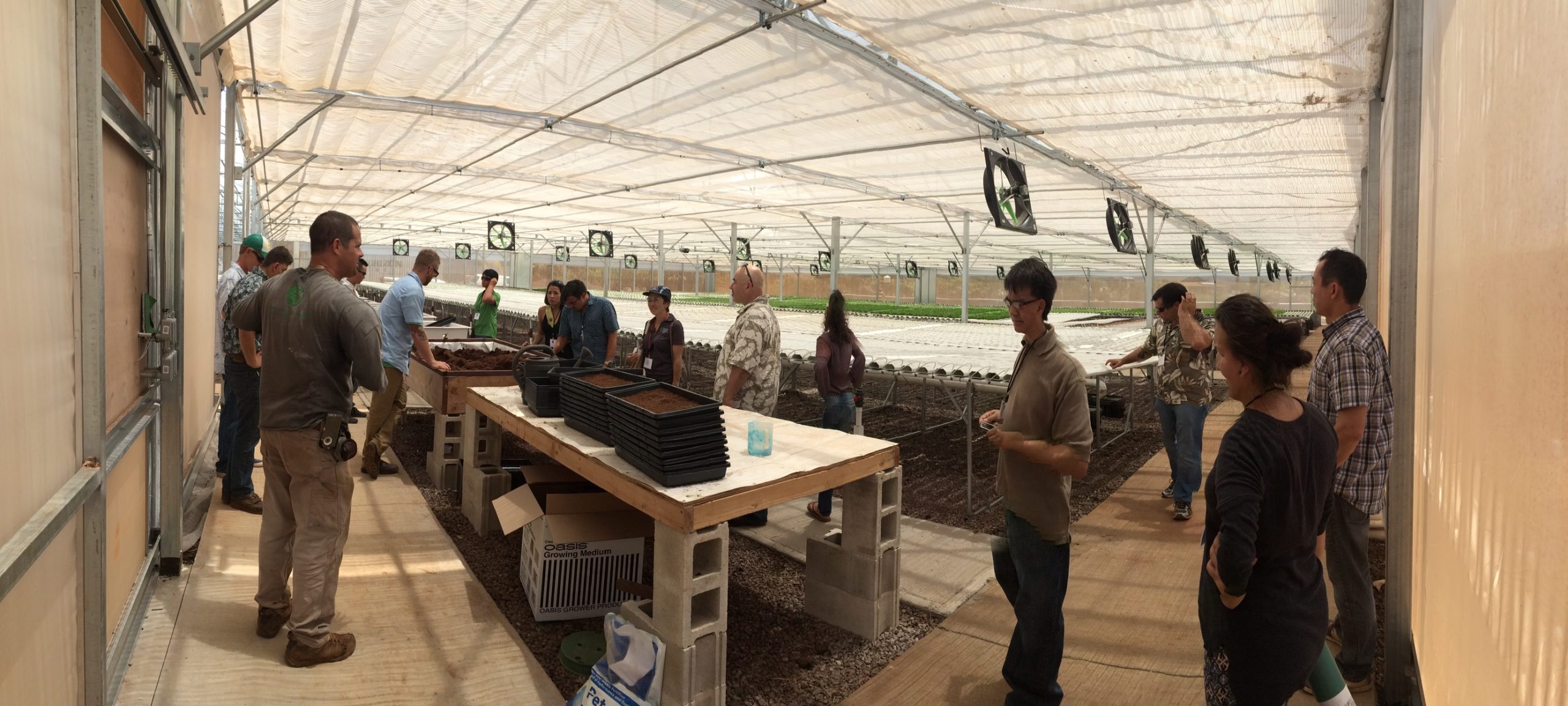
“It’s more of an art than science at this point,” commented Mari’s aquaculture specialist, Bradley “Kai” Fox. But that might be changing with their DoD pilot project aimed at measuring the economic, efficiency, and automation potential for a truly large-scale system. “We’re tracking the economics of it,” says Fox, who also mentioned that their largest expenses (in order) are feed, energy, and labor. In the DoD project, one of the systems they’re using is a direct current solar pump for increased conversion efficiency.
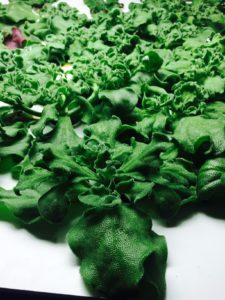
We later visited MetroGrow Hawai‘i, an urban, vertical farm in Kaka‘ko run by Kerry Kakazu, that grows microgreens, shoots and other specialty greens for high-end markets. They use advanced technologies including aeroponics, root zone cooling, and LED lighting to control the growing environment and experiment with interesting items not typically grown in Hawai`i, making them a hit with local chefs in the area. Kakazu has even delivered produce to restaurants by bicycling around town.
While not a new trend, the soilless agriculture industry is seeing its fair share of successes and challenges as its popularity grows throughout the globe. The growing techniques eliminate soil-borne pest and disease risks and allow full control of the environment, making plant care and maintaining beautiful produce easier on the grower (and reducing the need for pesticides). These strategies conserve water resources, and in cases like MetroGrow’s systems, can be operated in industrial and urban spaces (even small ones!), decreasing the need for access to farmland.
On the other side, tilapia can be a hard sell and equipment can be fairly expensive to get started. Sustainability concerns regarding imported inputs such as fish food and chemicals for these systems also make it less than ideal for those seeking a truly sustainable, secure or localized agricultural system. However, there are some interesting efforts happening to resolve these issues. “We’re gonna use that fish waste to make fish food,” said Fox, who described how Mari’s is experimenting with different diets to utilize their fish offal, which they now dispose of, into a blend of fish food via pelleting.
During today’s seminar we also discussed the agricultural industry during a panel with Linda Cox of CTAHR, Phyllis Shimaukuro-Geiger from the DOA, and Fred Lau of Mari’s Gardens. We spoke at length about the challenges that face Oahu’s agricultural industry including expensive land, competition with commercial and real estate development, unique challenges of smaller farmers, and farmers charging too little for their produce.
Fred Lau of Mari’s commented, “In the summer, cucumbers (from the mainland) are only 60 cents per pound, but it costs me more than that to grow it, so I charge $1.50 all year round.” We also discussed how Hawai`i has a gap in production when matching up with our current diets. “We can grow a lot of vegetables but we need protein and starches. We need to get a full diet to be self-sustaining,” added Linda Cox, mentioning that rice may not be the answer, but she sees immense potential with taro and `ulu.
We closed the day with presentations by fellow Ag Leaders at Agora. Steve Russo of the Dept. of Ag gave an engaging pesticide education presentation; Fung Yang described how his recycling business turned into Hawai`i`s first certified organic portabella mushroom farm, Small Kine Farm, and Carolyn Unser described the solar and wind projects SunEdison is working across Hawai`i.
It was an ag-tastic day to kick off our second seminar and we’re all very excited for this weekend’s training with Donna R. Ching, Ph.D., CTAHR Extension Specialist in Agricultural Leadership, titled “Facilitative Skills: An Essential Foundation for Collaborative Leadership.” Keep an eye out for our next update from the road!
